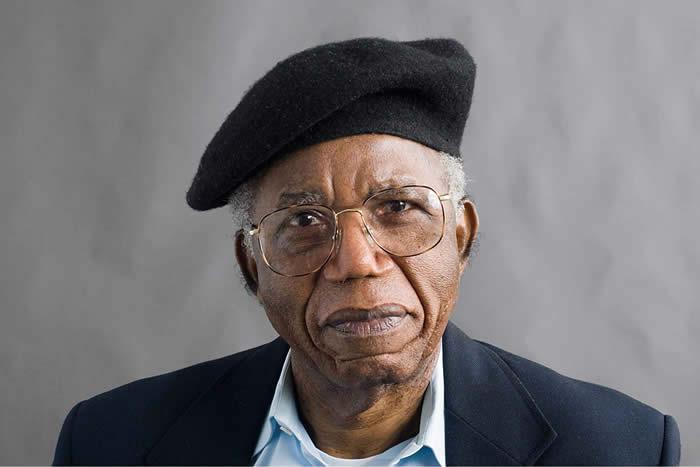By Peter Omopo
When the world bid farewell to Chinua Achebe in March 2013, it was not just the loss of a novelist, but the passing of a voice that had defined African literature for over half a century. Achebe, born in 1930 in Ogidi, Anambra State, carved his name in history as the man who told Africa’s story with clarity, dignity, and power.
His groundbreaking debut, Things Fall Apart (1958), did more than introduce him to the literary world — it gave Africa its first modern classic. Translated into over 50 languages and selling millions of copies worldwide, the novel became the continent’s most enduring literary export, offering a counter-narrative to colonial misrepresentations of African life.
Achebe was not just a storyteller; he was a moral compass. Through works like Arrow of God, No Longer at Ease, and Anthills of the Savannah, as well as essays and speeches, he consistently confronted corruption, misrule, and the lingering scars of colonialism. His words challenged power, demanded justice, and inspired generations to believe in Africa’s own story.
Beyond his writing, Achebe was a mentor and cultural custodian. As editor of the Heinemann African Writers Series, he opened doors for a generation of African authors, ensuring that voices from the continent found their place on the global stage.
Even in death, his legacy lives on. Universities, literary festivals, and global institutions continue to honour him, while young African writers still look to him as the pathfinder who cleared the way.
Chinua Achebe was more than a novelist. He was Africa’s storyteller-in-chief, a man whose pen gave dignity to his people and a mirror to the world. In remembering him, we remember not only his books but the truth he lived for: that Africa must speak for itself.

